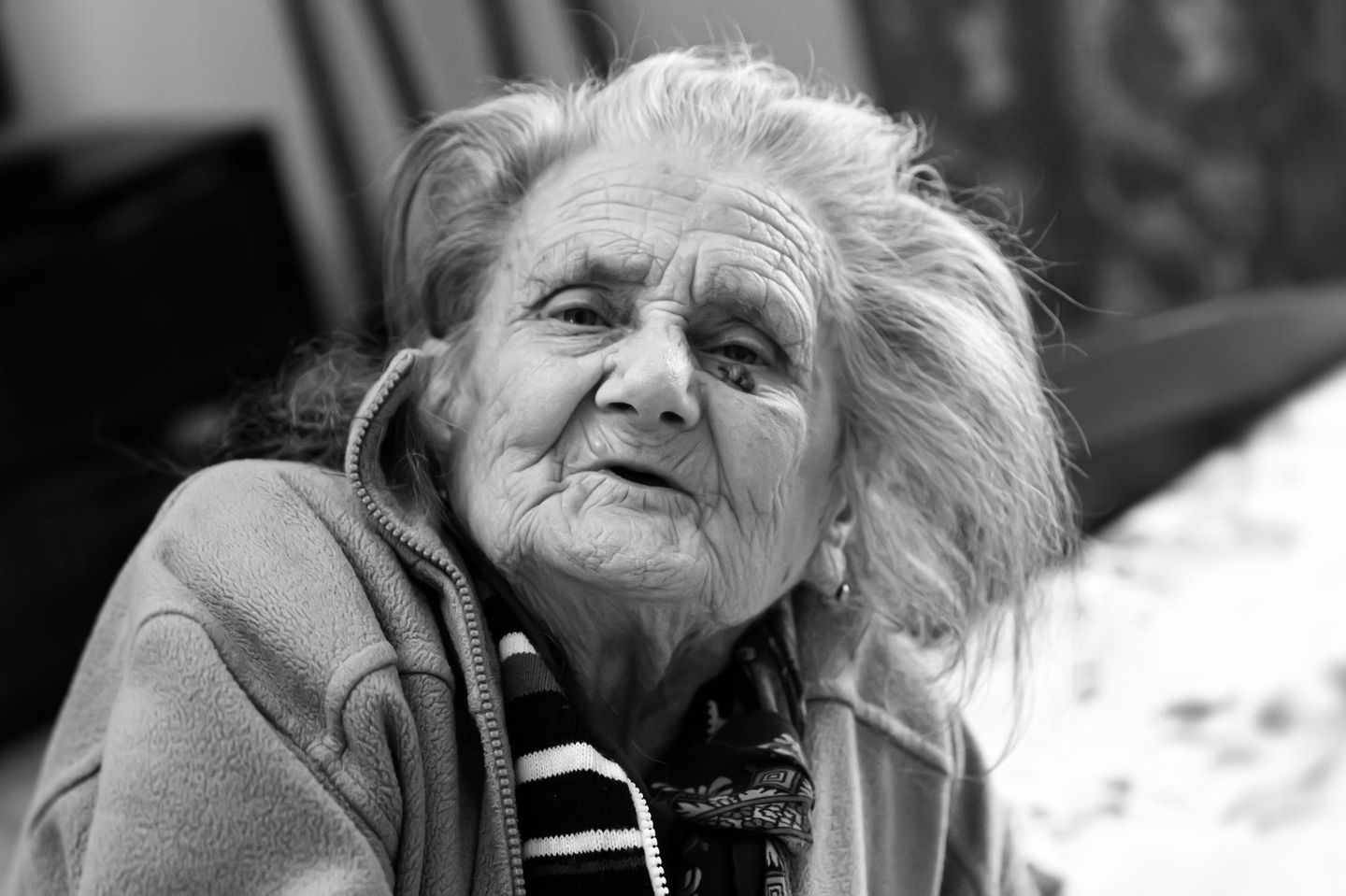Long-term study
What characterizes people who live to be 100 years old?
© misu / Adobe Stock
For many people, growing old as possible is high on their lifelong wish list. In an extensive long-term study, a Swedish research team examined what characterizes people for whom this wish comes true.
What was unimaginable a few centuries ago is now a realistic possibility for many people: living for 100 years. Or longer. Anyone who is 100 years old today has seen how carriages… Cars were replaced. How people would talk about movies they saw in the theater and then suddenly everyone would be talking about TV shows. How it became a matter of course in many places that every few hundred meters you can buy not only milk, butter and eggs, but also pineapples, soy sausages and cookie dough chocolate. And that everything can be ordered via apps if you don’t want to go out the door. Anyone who is born today and lives for 100 years will talk about changes that we cannot imagine today. 100 years means a lot of life for a person. Why is this now a realistic possibility – still? – not a reality for everyone?
Scientists have been addressing this question for years with different approaches and their work has already provided us with numerous interesting findings. We know that loneliness and chronic stress stand in the way of a long life and that, if we are lucky enough not to die early due to accidents, infections or cancer, our heart and vascular health is what matters most, how old we are become. A research team from Sweden has now carried out an extensive study analysis determines whether the biomarkers in the blood of long-lived people differ from those with a shorter lifespan. So much in advance: the answer is yes.
Blood samples from 45,000 people were examined
The study included data, including blood samples, from around 45,000 people who were between 64 and 99 years old at the start of the study and who may have taken part for up to 35 years. During this time, 13.1 percent of the test subjects died before their 80th birthday (5,851 people), 47.6 percent died between the ages of 80 and 90 (21,234), 36.6 percent died between the ages of 90 and 100 (16,327 people). and 2.7 percent lived to be older than 100 (1224 people). While the researchers in the samples of those who reached their 100th birthday, higher levels of cholesterol and iron documented, fell at the same time in comparison low levels of glucose, creatinine and uric acid on. The latter values indicate in particular healthy kidney and liver functionality. Apart from the significant differences in the blood samples, the scientists noticed On average, there was greater overnutrition in the groups of those who died earlier than among particularly long-lived people.
The markers and data examined can, on the one hand, reflect aspects of lifestyle, such as diet, the stress on the organism caused by exercise, the nature of the environment, and on the other hand, show how well certain organs function. Both are connected, but clear rules such as “if you eat oatmeal every day are very likely to grow old” cannot be derived. These data suggest, for example, that a low-sugar diet could promote a long life, or an eating routine that is based more on the feeling of hunger than on the time of day. But ultimately the relationships in each individual case are too complex to formulate reliable recommendations that apply to everyone based on average values.
Conclusion
Until we know for sure what it will take for more people to live to a full century, scientists will still have to collect and evaluate some data. It can hardly do any harm to incorporate the knowledge we have gained into our way of life in order to perhaps last up to a year in which we can prepare meals in printers or turn on our heating with a thought. But before we stress ourselves too much trying to live as long as possible and do everything right and thereby reduce the quality of our lives, we can do the same as all the generations that have lived before us and have already gone far enough come: trust our feelings.
Sources used: “Blood biomarker profiles and exceptional longevity: comparison of centenarians and non-centenarians in a 35-year follow-up of the Swedish AMORIS cohort” in “GeroScience”, focus.de
